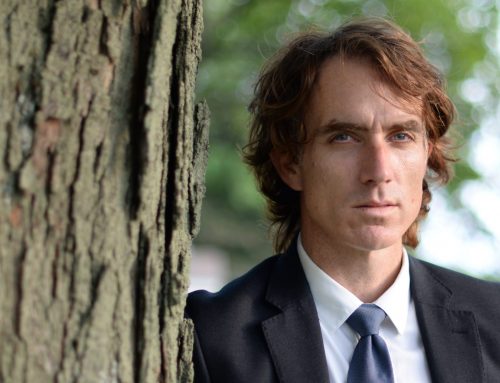The MCC today featured a panel discussion on “IPV, GBV and Family Violence: Personal and Community Responses”, and featured Pamela Cross, Legal Director, Luke’s Place Support and Resource Centre, Dr. Deborah Doherty, former Executive Director of the Public Legal Education and Information Service of New Brunswick, Emma Halpern, Executive Director, Elizabeth Fry Society of Mainland NS, Professor Janet Mosher from Osgoode Hall Law School, Lorraine Whitman, President of the Native Women Association of Canada, and Dr. Rachel Zellars, Associate Professor, Saint Mary’s University.
This represented the eighth MCC discussion focused on domestic violence. Several of the panelists referenced the previous panel discussions, stating that they supported the submissions made so far. It is noteworthy again that this panel, like every other IPV/GPV discussion held so far, was made up entirely of women.
Those who have been watching the MCC proceedings will have noted that the Commissioners start each day with a land acknowledgment. Today, there was an additional solemn and/or ceremonial prayer-like introduction to the panel discussion, which was lead by Ms. Whitman. Everyone in the room stood for this.
Another thing that stood out in the ‘presentation’ element of what the MCC was hosting today was the highly visible sticker on the back of Ms. Cross’ laptop. The sticker was for “Thelma & Louise Live”, which is a play based on the 1991 movie.
Those two items foretold the tone and content of the discussion, which was emotional (for the speakers) at times as they described many stories of abuse suffered by women in a wide range of circumstances. Discussions covered women suffering abuse who were also struggling with racism, their precarious immigration status, drug additions, sex work, and rural living.
The sheer volume of time used to discuss these issues of violence would suggest that this has been determined to be the most important causal element of the April 18-19, 2020 mass shooting, and perhaps that it is an area where meaningful change can emerge from the MCC process. It is not clear to me in observing the evidence that has been tendered so far that either of these possible determinations are accurate.
There was a long discussion on the difficulties of rural women in abusive situations. There may be transportation issues, and there are other practical issues as well. In a rural area, if your car is parked at the law office, someone will see. The police officer to whom you report may be in your church. Your abusive spouse may be a respected local coach or community leader.
Issues of child custody were raised, in terms of abused spouses trying to protect their children, and in terms of concerns of family courts favouring the spouse who is seen to be in a more stable situation with an income, home, and support network, factors which may not favour a woman who has left a home and is in less than ideal living circumstances as a result.
Again, those are relevant issues in their own right, but not for an analysis of the Gabriel Wortman/Lisa Banfield dynamic. She lived in Dartmouth, had potential access to large amounts of cash and at least one vehicle, had supportive family members, had no children to protect, and was not part of a marginalized community in the senses discussed by the panelists today.
It is also not clear that domestic violence, or any issue having to do with Ms. Banfield, was what prompted Wortman to burn down his properties and kill 22 people. There were property disputes, Covid-19 concerns, and an underexplored and potentially complex relationship with police and other authorities which may also have sparked his killing spree. Those matters have received comparatively little attention from the MCC.
If anyone is watching the MCC tomorrow, on what is expected to be a warm, sunny, late July Friday in Nova Scotia, the proceedings have the potential to be interesting. There is a presentation scheduled that will deal with forensic psychological assessments. It may be folly to hold out hope that there will be some attempt to at least say what kind of psychological assessment might be done on Gabriel Wortman, and what might be learned from such an exercise.

